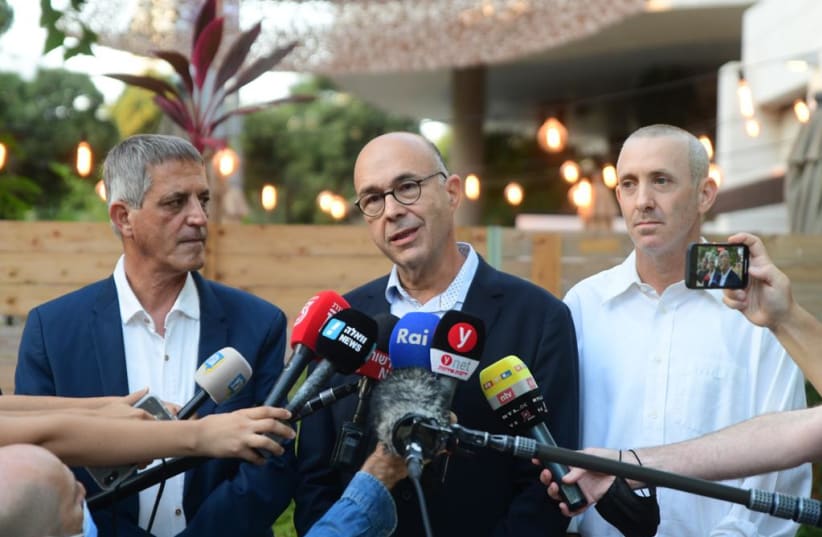The Tel Aviv Family Court ordered Eitan Biran to be sent back to Italy to live with his Italian aunt, pending another possible ruling by the Italian courts.
Six-year-old Biran is the sole survivor of a cable car crash in northern Italy in May. His Israeli grandfather brought him to Israel illegally about four months later.
The crash caused the deaths of 14 people, including Eitan’s father, Amit Biran, his mother, Tal Peleg, his one-year-old brother, Tom, and his great-grandparents Barbara Cohen Konisky and Itshak Cohen.
The court found that Biran had deeper ties and was more comfortable with his Italian family and surroundings than he did with his Israeli family and surroundings.
In addition, the court said the grandfather had violated The Hague Convention by removing Biran from Italy without a court ruling.
Technically, the grandfather can still seek custody through the Italian courts, but his chances are slim following the Israeli court’s ruling on Monday.
The court spokesperson added that the court’s decision gave the Israeli grandfather seven days to appeal the decision and that in the event of an appeal, Biran would not be sent back to Italy until the appeals process concluded or a later decision by the judiciary which endorsed sending him back even as the appeal was pending.
After a hearing on September 23, the court had ordered joint custody for Eitan between his Israeli-Italian aunt and his Israeli grandfather, pending a trial on the issue that took place on October 8.
Italian authorities had previously assigned Eitan’s custody to his aunt Aya, Amit’s sister and a doctor who lives with her family, including two daughters around Eitan’s age, in the suburbs of Pavia.
Eitan’s family had moved to Pavia five years ago to allow Amit to study medicine.
The six-year-old was illegally taken to Israel by his grandfather Shmuel Peleg earlier in September. The boy’s paternal relatives are fighting to bring Biran back to Italy.
Immediately after she learned that the child was in Israel, Biran’s aunt filed a request in Italian court, where an investigation was opened against Peleg for suspected kidnapping.
Peleg’s lawyers in Italy have acknowledged that he had taken the boy to Israel, saying he had “acted on impulse,” as he was worried about his grandson’s health after being excluded from legal proceedings related to the boy’s custody.
Israeli government officials have been quoted as leaning toward recommending that the issue of permanent custody arrangements be sent back to Italy to be decided. There is precedent for empowering the country where the difficult situation started to determine the issue.
In typical cases under The Hague Convention for determining custody of minors, the battle is usually between the child’s parents, and there is also often a clearer answer to which country is considered home.
In this case, Eitan spent most of his life growing up in Italy, and there are indications that the parents planned to remain there, at least for the time being.
There are also signs that the family had planned to return to Israel to raise their children.
Peleg had accused Aya of keeping the child “hostage,” and of disregarding his Israeli and Jewish identity.
Meanwhile, Peleg hired well-known communications strategist Ronen Tzur, who was previously an adviser to Defense Minister Benny Gantz, while Aya hired Israel Bar Association president Avi Himi.
The trial in Israel focused both on the issue of what legal precedents came to bear in light of the unique situation, as well as whether Eitan, culturally and linguistically, would find it more natural to spend the rest of his childhood growing up in Italy as opposed to Israel.
In similar cases, each side of the family litigation often tries to keep the trial in the country where they live, reasoning that the judge of the local country is more likely to sympathize with its own citizens and with raising the child locally.
Jerusalem Post Staff contributed to this report.

